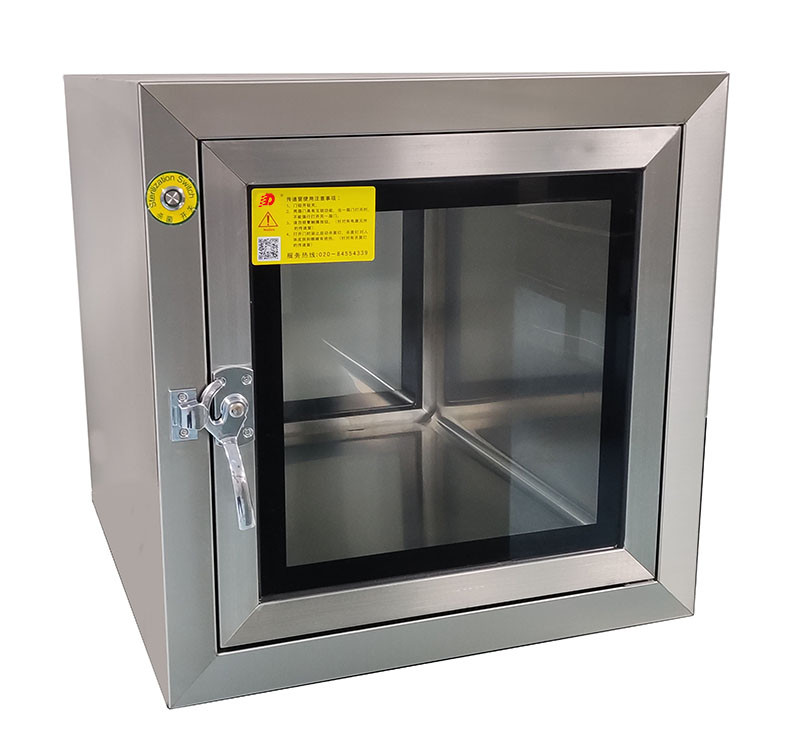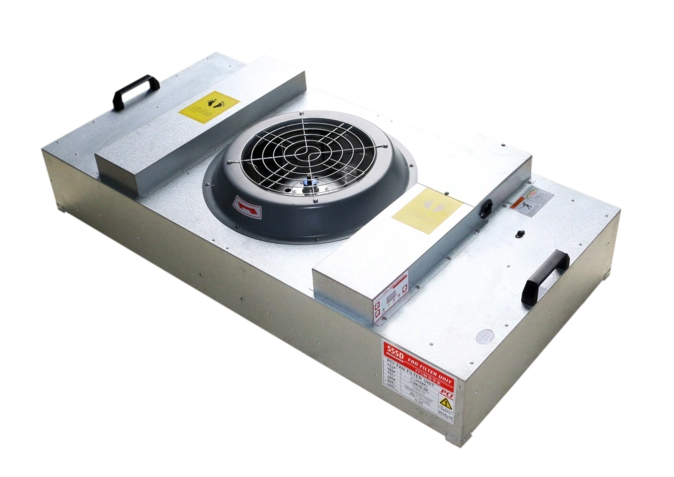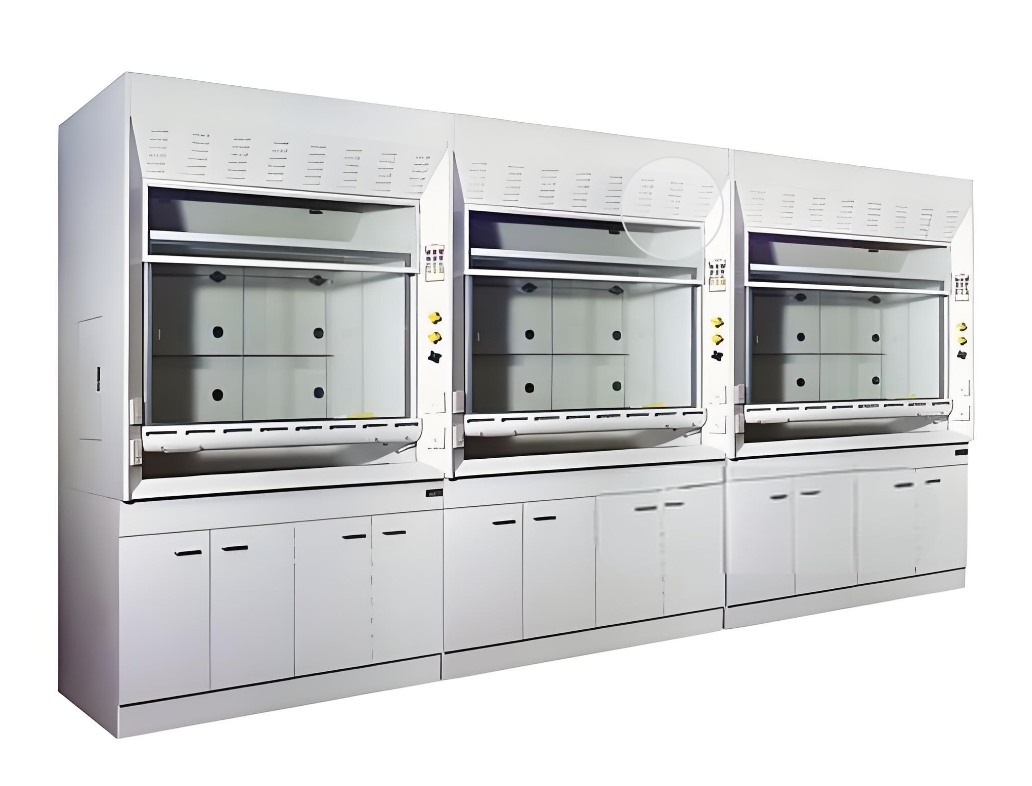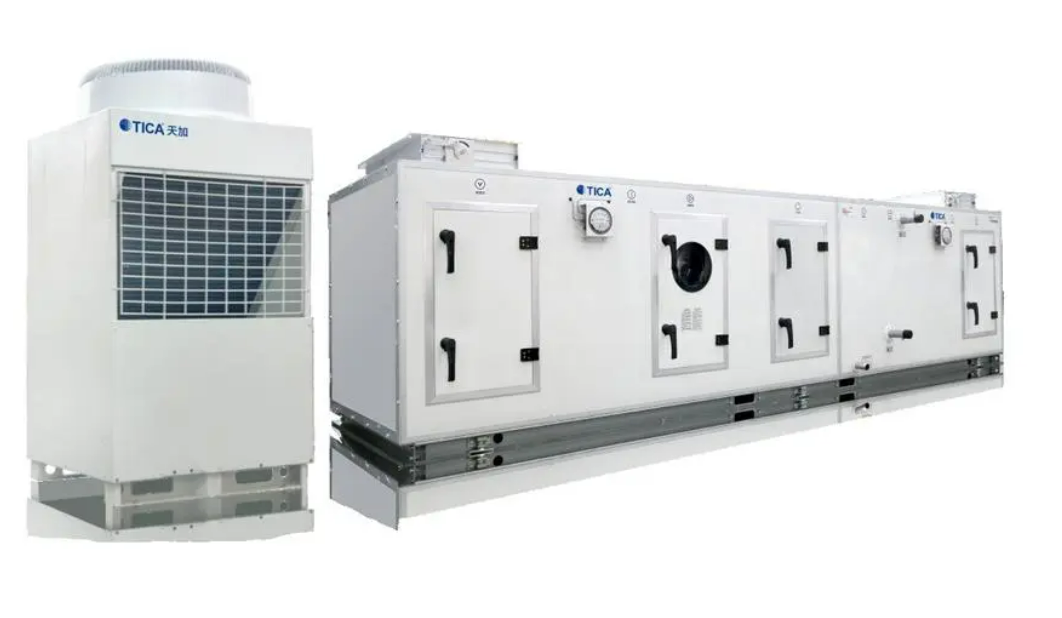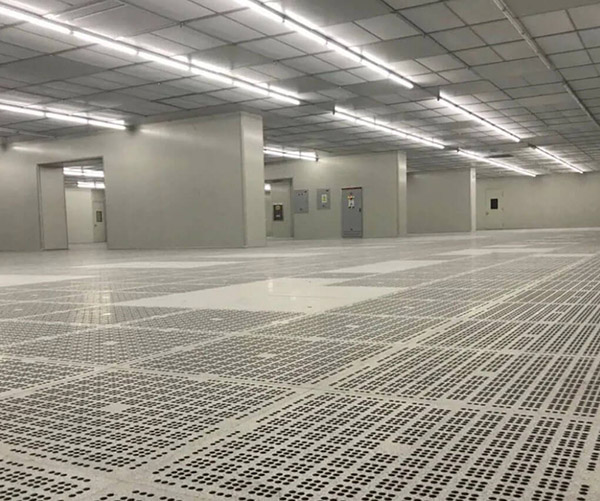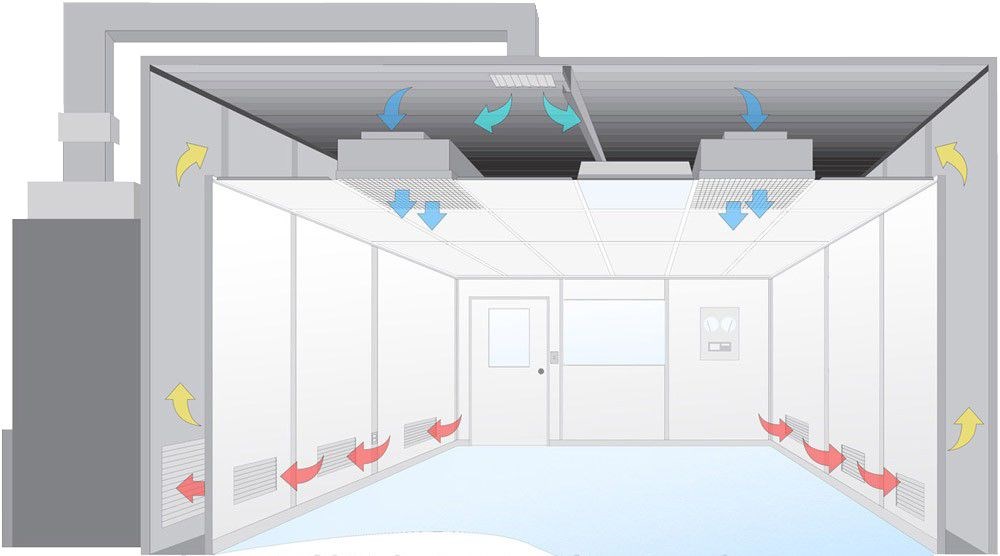Understanding DC Fan FFUs
Functionality and Advantages
A DC fan FFU, or Fan Filter Unit, is a self-contained air purification device central to maintaining clean environments in settings like cleanrooms, laboratories, and medical facilities. By combining a DC motor with advanced filtration capabilities, these units effectively remove airborne particles to uphold stringent cleanliness standards. This article delves into how DC fan FFUs work and their significant benefits.

How Does a DC Fan FFU Work?
1. Air Intake
The operation of a DC fan FFU begins with the intake of air from its environment. The fan draws air into the unit, an initial step in the purification process that sets the stage for effective filtration.
Intake Capacity: Depending on the cleanroom's size and classification, FFUs are calibrated to match Air volume needs, ensuring optimal air change rates.

2. Pre-filtration (Optional)
Some FFUs feature a pre-filter stage designed to catch larger particles before they reach the main HEPA filter. This addition serves to protect the primary filtration component, prolonging its operational lifespan.
Pre-filter Benefits: By removing larger particulates early, pre-filters help maintain the efficiency and longevity of the main HEPA filter, reducing maintenance costs and downtime.
3. HEPA Filtration
The core of the FFU's cleaning mechanism is its HEPA filter, renowned for its ability to remove 99.97% of particles as small as 0.3 micrometers, according to Airtech System Co., Ltd. This level of filtration is essential for maintaining Cleanroom standards pertinent to various high-tech and healthcare applications.
Filtration Efficiency: HEPA filters ensure that even microscopic contaminants are effectively captured, maintaining the purity of the cleanroom environment.
4. Clean air Discharge
Once filtered, the purified air is discharged back into the environment, creating a localized clean area. This results in an environment free from particulates, essential for processes sensitive to contamination.
Air Quality Maintenance: Continuous cycling of air through HEPA filters ensures a consistent supply of clean air, vital for both product safety and personnel health.
Design Insight: Deiiang™, with product designs led by Deiiang Jason.peng, optimizes discharge patterns to enhance air distribution efficiency within cleanroom setups.

5. DC Motor
The DC motor is a critical component of the FFU, powering the fan while offering several advantages over traditional AC motors, such as higher energy efficiency, precise speed control, and quieter operation.
Motor Efficiency: Compared to AC motors, DC motors reduce energy consumption, providing long-term cost savings and a lower environmental footprint.
6. Modular Design
One of the standout features of DC fan FFUs is their modular design, which allows for easy installation, maintenance, and reconfiguration. This flexibility ensures that units can be adapted quickly to meet evolving cleanroom requirements.
Installation Flexibility: Modular systems cater to diverse spatial constraints and CleanRoom specifications, promoting ease of scalability.
Conclusion
DC fan FFUs play a pivotal role in maintaining the stringent air quality required in various critical environments. Their combination of efficient filtration, energy-saving motors, and flexible design makes them indispensable tools in any cleanroom strategy. With solutions from Deiiang™, under the expert guidance of Deiiang Jason.peng, organizations can enhance both operational efficiency and compliance with international cleanliness standards.
Common Questions and Answers
Q: Why are DC motors preferred over AC in FFUs?
A: DC motors offer greater energy efficiency, quieter operation, and precise speed control, leading to improved overall performance.
Q: How does pre-filtration benefit the FFU system?
A: Pre-filtration captures larger particles, protecting the main HEPA filter and extending its working life.
Q: What is the significance of modular design in FFUs?
A: It allows for flexible installation and easy adaptation to changing cleanroom needs, enhancing scalability.
Q: How often should HEPA filters in FFUs be replaced?
A: The replacement frequency depends on usage and contamination levels, but regular inspections are essential to ensure efficiency.
Q: Can FFUs operate effectively in all types of cleanrooms?
A: Yes, they are designed to meet a wide range of CleanRoom Classifications, from iso class 8 to more stringent Class 5 environments.
References
- International Organization for Standardization. ISO 14644-1: Cleanrooms and Associated Controlled Environments.
- Deiiang™, Innovations in Cleanroom Fan Filter Units Design.
- Airtech System Co., Ltd., HEPA Filtration Efficiency Specifications.
- American Society of Heating, Refrigerating and Air-Conditioning Engineers (ASHRAE), Guidelines on HVAC Systems for Cleanrooms.
- The Institute of Environmental Sciences and Technology (IEST), Recommended Practices for FFU Maintenance and Operation
 +86 18186671616
+86 18186671616 Jason@cleanroomequips.com
Jason@cleanroomequips.com
 MENU
MENU







